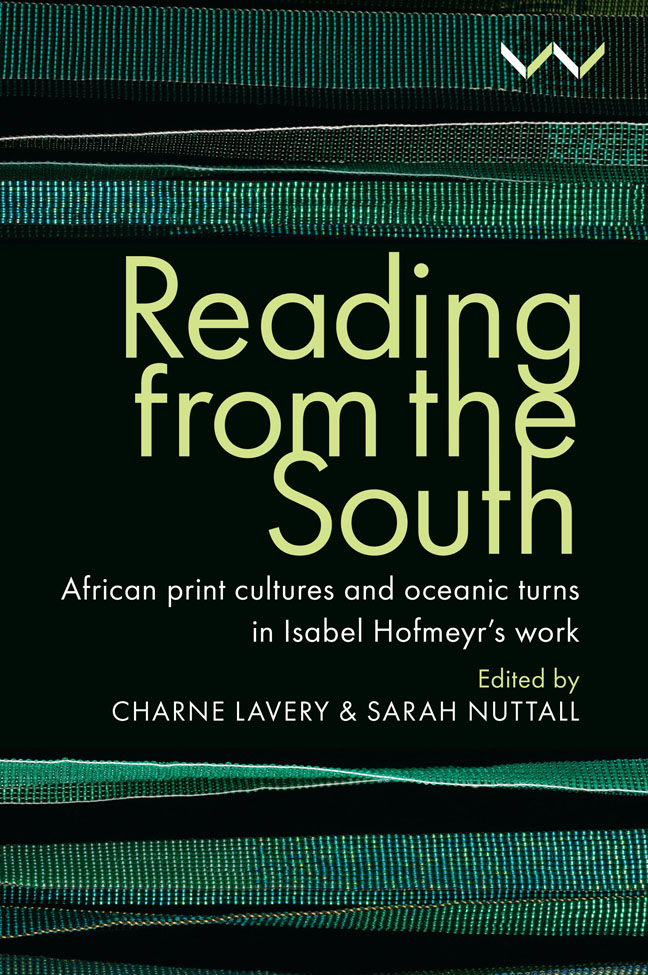Chapter 3 - Fluidity and Its Methodological Openings: Mobility and Discourse on the Eve of Colonialism
Published online by Cambridge University Press: 01 March 2024
Summary
INTRODUCTION
In ‘We Spend Our Years as a Tale That is Told’: Oral Historical Narrative in a South African Chiefdom, which examines the relationship between orality and literacy, Isabel Hofmeyr (1993) drew attention to the impact on oral accounts of their publication in early South African school readers. She pointed to the way in which written texts separated speakers from their speeches, were static and unaccommodating of responses, and lacked the flexibility of oral storytelling. Using an aqueous metaphor that prefigured the circulations of the Indian Ocean and the hydrocolonialism of her later work (Hofmeyr 2022), she commented that publication conferred a rigid casing on forms that ‘previously lived by fluidity’ (Hofmeyr 1993, 54).
The fluidity that Hofmeyr pointed to in 1993 was, for most historians of the time, the core ‘weakness’ of oral accounts as historical sources. It was – and is still today for many researchers – a problem to be obviated by recording (usually by writing down) an oral text and ‘fixing’ it so that it stays the same. However, Hofmeyr's formulation suggested a different possibility: that of grappling with the significance and dynamics of fluidity both at the time of the text's encasement in written form, and in its iterations in social and political life in earlier eras, when the local world was one of oral communication and circulation.
This possibility has been realised in a critique of the concept of oral traditions, and of the ways in which oral accounts thus conceptualised have been used by historians. The critique points to a new way of approaching both oral historical accounts and early written accounts based on previously oral-only repertoires and discursive practices. This approach entails paying attention to fluidity as a characteristic feature – rather than a deleterious effect of oral communication and the passage of time – that demands methodological, and historical, attention in its own right. The approach brings past responses, debates, assessments and revisions into view (Cohen 1989, 1994; Hamilton 1987, 2002, 2021; Hofmeyr 1993; Landau 2010). The key arguments here are that engagements of the past were part of processes of the navigation of change; that oral accounts, as much as written ones, bear the traces of that navigational work; and that such navigations continue to this day.
- Type
- Chapter
- Information
- Reading from the SouthAfrican Print Cultures and Oceanic Turns in Isabel Hofmeyr's Work, pp. 57 - 74Publisher: Wits University PressPrint publication year: 2023

